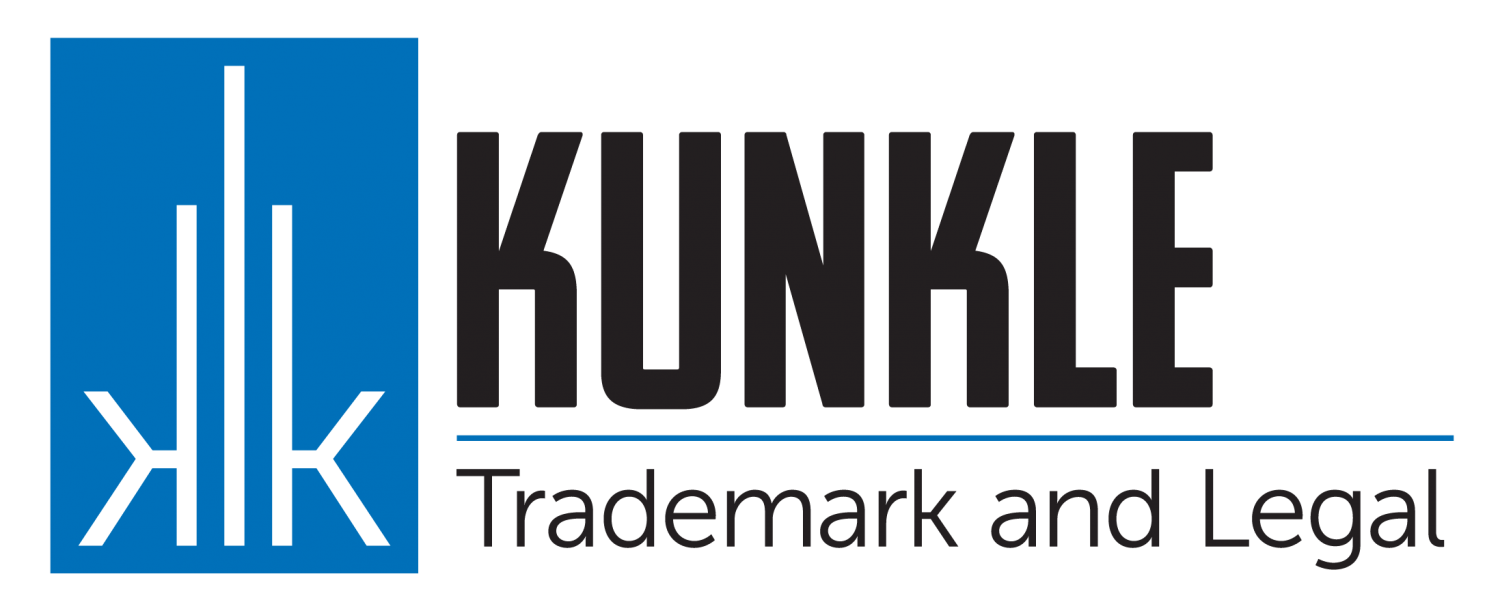Options When Taking Down Counterfeiters – $164 million awarded in Tory Burch lawsuit
Earlier this month, the U.S. District Court, Southern District of New York awarded a default judgment to clothing designer Tory Burch LLC in its trademark counterfeiting and cyber-squatting case against 232 websites which sold copies of Burch’s handbags, flats, and accessories. After none of the 232 defendants answered the complaint, the Court awarded damages of $164 million and ordered that the counterfeit websites be turned over to Burch. The $164 million is the largest settlement of this type. Additionally, the Court used the process provided in similar cases involving The North Face and Ralph Lauren which ordered third-party payment facilitators, such as PayPal, to disgorge any money in Defendants' accounts. While it is not expected that Burch will ever recover the full judgment in this case, the ability to take possession of the infringing domain names, along with the ability to freeze related financial accounts, gives the plaintiff a great tool in combating future infringement and sends a strong warning...
